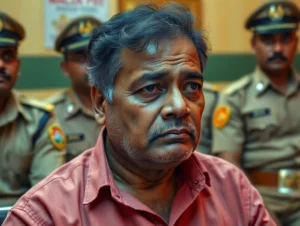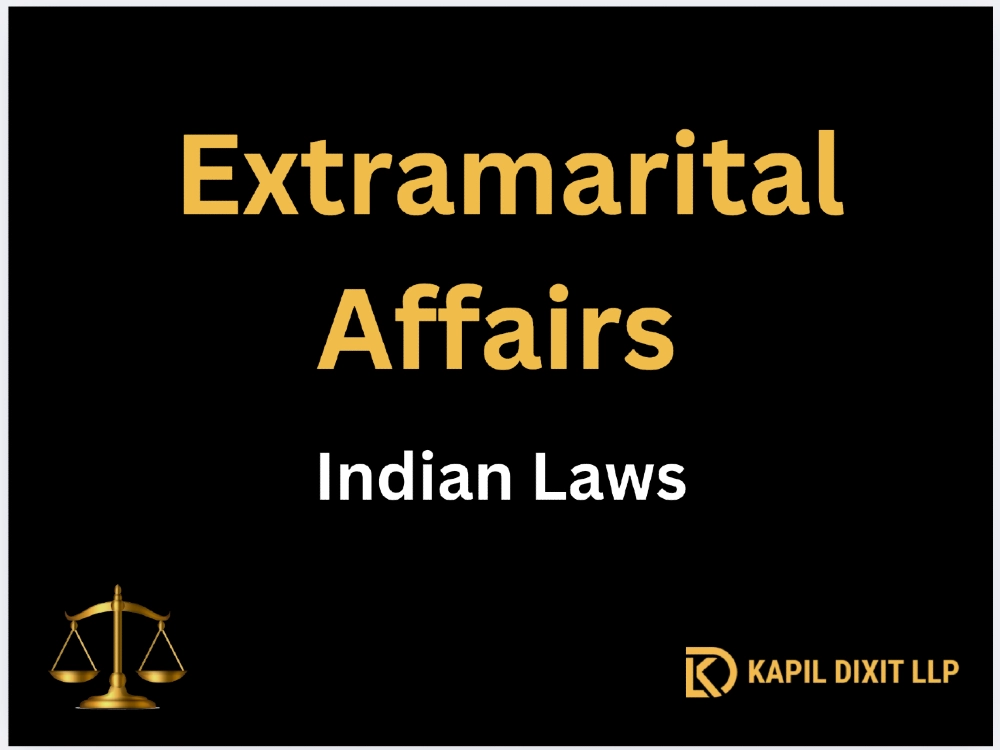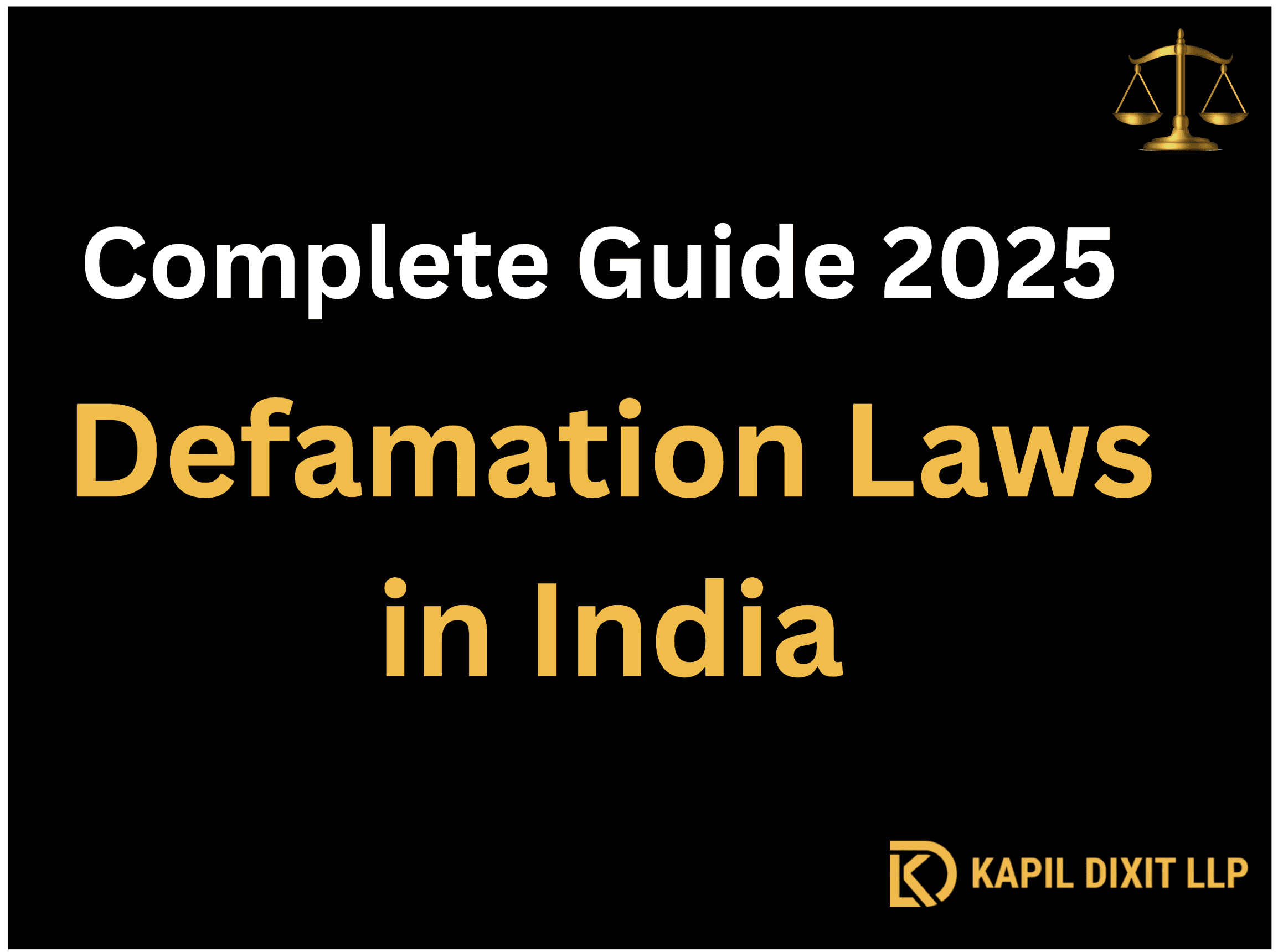
Understanding The Difference Between Cognizable And Non-Cognizable Offences in India
All offences are crimes,
but not all crimes are offences under Indian law.
In the Indian legal system, criminal offenses are categorized into two broad categories: cognizable and non-cognizable offences. The classification plays a vital role in determining the police’s authority and procedure for investigation, arrest, and filing an FIR (First Information Report). Let us explore the difference between cognizable vs. non-cognizable offences in India, their implications under various legal provisions such as the BNSS (Bharatiya Nagarik Suraksha Sanhita), BSA (Bharatiya Sakshya Adhiniyam), and BNS (Bharatiya Nyaya Sanhita), along with their connections to the repealed sections of the CrPC (Code of Criminal Procedure), CPC (Code of Civil Procedure), and the Indian Evidence Act (IEA).
What are cognizable and non-cognizable offences?
Ask ChatGPT
Cognizable offences are crimes where the police can arrest the accused without a warrant and start an investigation without prior approval from a magistrate. These are generally more serious offenses, such as murder, rape, robbery, or grievous assault.
On the other hand, non-cognizable offences are less severe offences where the police cannot arrest the accused without a warrant and need permission from a magistrate to begin an investigation. Examples of non-cognizable offenses include petty theft, defamation, or simple assault.
Importance of cognizable and non-cognizable offences in fir registration
When it comes to police FIR registration in India, understanding the distinction between cognizable and non-cognizable offenses is crucial. For cognizable offenses, police are mandated to register an FIR immediately upon receiving the complaint. For non-cognizable offenses, however, an FIR might not be registered right away. The police may only record the complaint as a general entry or direct the complainant to a magistrate for further investigation.
A COMPARISON OF BOTH COGNIZABLE AND NON-COGNIZABLE OFFENCE
| Aspect | Cognizable Offence | Non-Cognizable Offence |
| Definition | Serious offenses requiring police intervention without a warrant. | Less serious offenses where the police need a warrant. |
| Examples | Murder, Rape, Robbery, Kidnapping | Defamation, Simple assault, Mischief |
| Police Authority | Police can arrest without a warrant and begin an investigation. | Police need a warrant to arrest and need magistrate permission to investigate. |
| FIR | FIR must be registered by the police. | FIR may not be registered; may be entered as a diary entry or referred to a magistrate. |
| Investigation | Immediate investigation can take place. | Investigation requires Magistrate’s permission. |
CRIMINAL LAW AND POLICE FIR PROCESS
Criminal law in India works hand-in-hand with the FIR registration process to determine the seriousness of the case. The distinction between cognizable and non-cognizable offenses directly affects the course of action:
- In cases of cognizable offenses, once the FIR is filed, police can arrest the accused, gather evidence, and begin investigations promptly.
- In cases of non-cognizable offenses, the police have limited powers and need the court’s permission to proceed with an investigation. This often means more steps are involved in the legal process, and the outcome may take longer.
WHAT TO DO IF POLICE REFUSE TO REGISTER AN FIR?
If the police refuse to register an FIR for a cognizable or non-cognizable offence, you have the right to:
- Approach a Senior Officer: If the police station refuses to register an FIR for a cognizable offense, you can escalate the matter to a senior officer or the Superintendent of Police.
- File a Complaint Before a Magistrate: Under Section 156(3) of the CrPC, if the police refuse to register an FIR, you can directly approach a magistrate, who can direct the police to register the FIR and start the investigation.
REAL-TIME EXAMPLES AND PUNISHMENTS FOR COGNIZABLE OFFENCES
1) Murder: (IPC Section 302, BNS Section 101) A cognizable offence like murder is considered one of the gravest crimes in India, the punishment for murder can be either life imprisonment or death sentence depending on the circumstances of the crime.
Punishment: Section 103 of BNS provides for the punishment, Life imprisonment or death penalty (depending on the case)
Case Law: State of UP v. Raghuraj Singh (1975), the Supreme Court stated that the punishment for murder must be severe to deter others from committing similar crimes, but it is also subject to the nature and facts of the case.
2) Rape (IPC Section 375, BNS Section 63): Rape is a cognisable offence considered one of the most serious crimes against women in India.
Punishment: Rape is punishable with rigorous imprisonment for a minimum term of seven years which can extend to life imprisonment. In cases of gang rape or where the victim is under 12 years of age, the punishment can be much harsher.
Case Law: In the famous Nirbhaya case (2012), the Delhi gang rape, the convicts were sentenced to death after being found guilty of rape and other associated crimes.
3) Theft: (IPC Section 378, BNS Section 303): Theft is another cognizable offence under Section 378 of the IPC, where one person steals property belonging to another with the intention of permanently depriving the owner of it.
Punishment: Imprisonment for a term that may extend to three years, or a fine, or both.
Case Law: In K. M. Nanavati v. State of Maharashtra (1962), the Supreme Court ruled that in cases of theft, the intent behind the act plays a crucial role in determining the seriousness of the offence and the corresponding punishment.
4) Kidnapping: (IPC Section 363, BNS Section 137): Kidnapping for ransom or for other reasons is also a cognizable offence.
Punishment: Imprisonment for a term of up to seven years or a fine, or both.
Case Law: In Kishore Kumar v. State of Haryana (2003), the accused was sentenced to rigorous imprisonment after being convicted for kidnapping a child. The case highlighted the importance of swift police action in kidnapping cases.
REAL-TIME EXAMPLES AND PUNISHMENTS FOR NON-COGNIZABLE OFFENCES
1) Defamation: (IPC Section 499, BNS Section 356): Defamation is where a person’s reputation is harmed through false statements. This offence can either be civil or criminal, but to arrest someone under this offence, the police need a warrant.
Punishment: Imprisonment for up to two years, or a fine, or both.
Case Law: The Supreme Court upheld the validity of criminal defamation law under Section 499, stating that defamation is an offense against an individual’s dignity and social reputation in the case of Subramanian Swamy v. Union of India (2016).
2) Simple Assault: (IPC Section 352, BNS Section 130): Simple assault or hurt is physically hurting someone, but it does not lead to serious injury or death.
Punishment: Imprisonment for up to three months, or a fine of up to ₹500, or both.
Case Law: In the case of Raghunath Singh v. State of Haryana (2008), the court held that simple assault leading to minor injuries doesn’t amount to cognizable offence unless there are significant injuries that necessitate police intervention without warrant.
3) Mischief: (IPC Section 425, BNS Section 324): Mischief involves causing intentional damage or loss to property or diminishes the valuation of the property
Punishment: Imprisonment for up to one year, or a fine, or both.
Case Law: In K.K. Verma v. State of UP (2003), the court elaborated on how mischief charges are minor but can lead to more severe consequences in cases involving public property or national security.
WHEN SHOULD YOU CONSULT A CRIMINAL LAWYER?
Consulting a lawyer can be incredibly helpful in case of uncertainty to identify whether the case involves a cognizable or non-cognizable offence or when facing an issue which could fall under the category of non-cognizable offence that you do not know, the lawyers provide legal advice on the right steps to take and ensure that your rights are protected throughout the legal process.
So, the next time you come across any such offences, you know what to do. Be it filing an FIR for a cognizable offence or dealing with a non-cognizable offence, seeking professional legal advice from an experienced criminal lawyer can help ensure that your case is handled right and fair.





